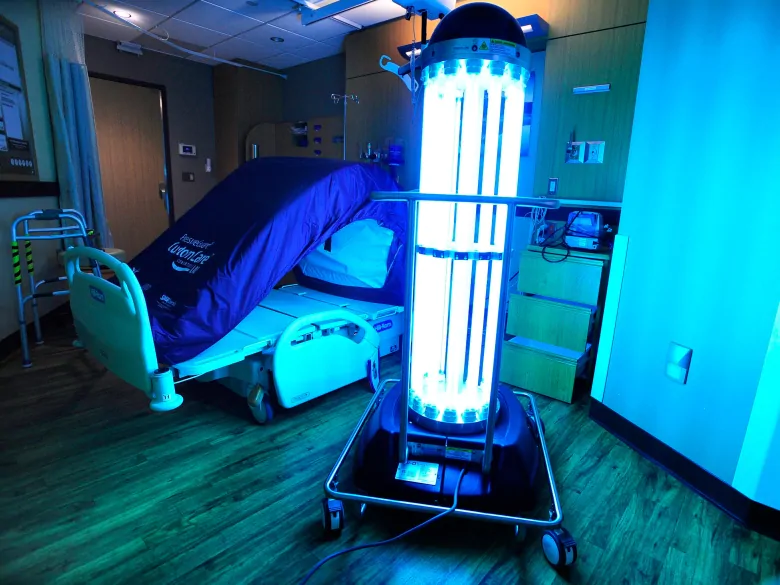There is a lot of advice floating around about what can and can’t protect you from getting COVID-19. But what’s true and what’s not? Here are some things that experts say don’t work — and some that do.

There is a lot of advice floating around about what can and can’t protect you from COVID-19, the illness caused by the novel coronavirus. But what’s true and what’s not?
Here are some things that experts say don’t work — and some that do.
Things that don’t actually work
Hand dryers
Yes, you should dry your hands with either a towel or hand dryer after cleaning them with soap and water for at least 20 seconds. But the heat from hand dryers alone don’t kill the virus, the World Health Organization says.
Vaccinations for flu or pneumonia
While these will protect you against two other respiratory diseases, they don’t work against the virus that causes COVID-19. That’s why scientists are working so hard right now to develop and test a vaccine specifically for the illness.
Using a UV disinfection lamp
While you may have heard of ultraviolet lamps being used to sanitize hospital surfaces or phones, they shouldn’t be used on your skin as the radiation they emit can cause skin irritation, WHO says.
Wearing gloves in public
Regular gloves have minute holes in them and can become contaminated after touching surfaces. That’s why they’re “probably not effective,” Dr. Frank Esper, a pediatric infectious disease specialist at Cleveland Clinic Children’s Hospital, recently told the New York Times.
Disposable gloves, like latex or vinyl, shouldn’t have holes in theory, but experts say they could provide a false sense of security. And if you touch your face with them, then you’re still at risk, says medical microbiologist Dr. Jocelyn Srigley.

Spraying chlorine, bleach or alcohol on your body
Don’t do this. While bleach can be used to disinfect surfaces, it’s corrosive and can harm your mucous membranes, such as your eyes or mouth, WHO warns.
Rinsing your nose with saline regularly
While there’s some evidence this can help people recover more quickly from the common cold, it hasn’t been shown to actually prevent respiratory infections, WHO says.
Antibiotics
These only work against bacteria, not viruses like the novel coronavirus.
Vitamin C
While many people think vitamin C prevents respiratory diseases, like colds, Health Canada doesn’t allow manufacturers to claim that, as there simply isn’t enough scientific evidence.
Likewise, there’s no evidence that vitamin C helps with COVID-19. Dr. William Schaffner, a professor of preventive medicine and infectious dise

